Could tourist levy or bed tax fund Brisbane Olympic stadium?
Brisbane’s Olympic stadium conundrum has thrown up more questions than answers. A bold strategy which delivered Las Vegas this brand spanking beauty has been flagged as the answer.
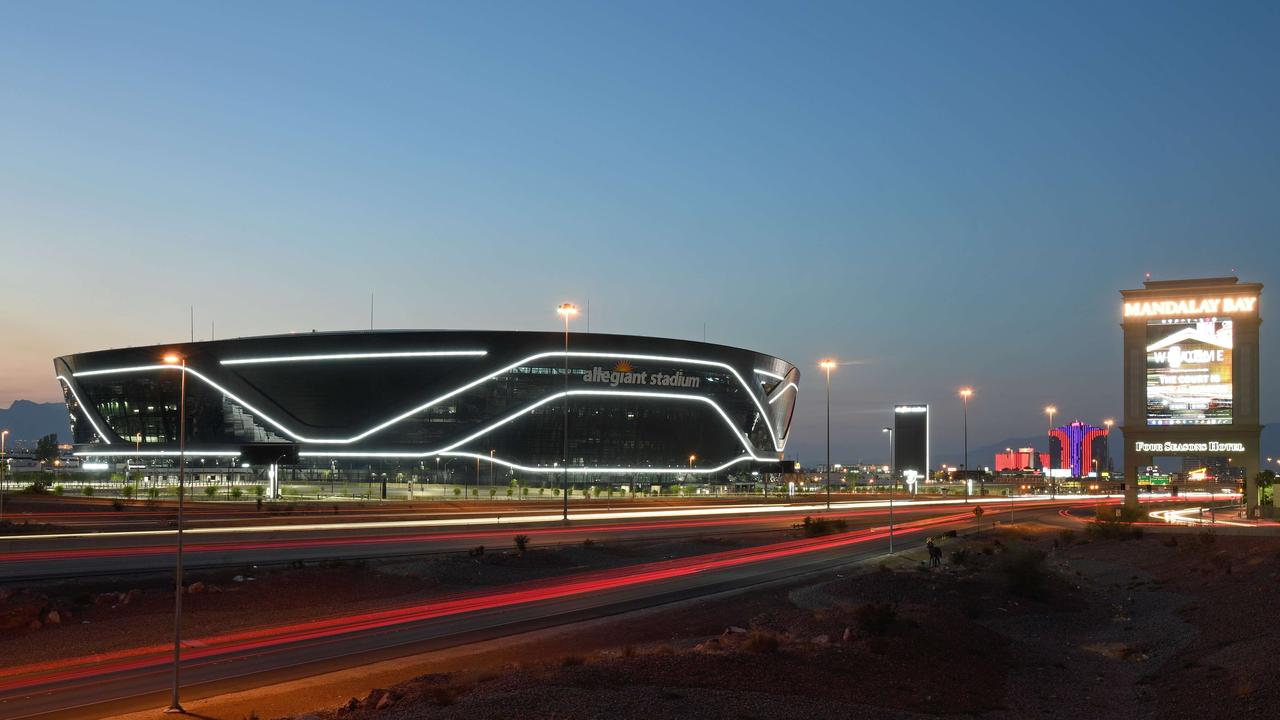
QLD News
Don't miss out on the headlines from QLD News. Followed categories will be added to My News.
A bed tax or tourist levy for Brisbane could deliver billions of dollars towards a sparkling new stadium for the 2032 Olympics, according to modelling based on similar projects overseas.
With the Queensland government and a 100-Olympic Games Review grappling with the uncertainty surrounding the fate of our future Olympic stadium – and its multibillion-dollar price tag, officials have been urged to consider innovative ways to increase a Games war chest without further burdens on the Queensland taxpayer.
In the US, massive multibillion-dollar sporting stadiums in Las Vegas, Texas and Atlanta are among those to benefit from a tourism levy to offset costs.
While Brisbane Lord Mayor Adrian Schrinner would not be drawn into a discussion on tourist taxes – and their potential as an Olympic revenue raiser, his Gold Coast counterpart Tom Tate urged the state government and Olympics organisers to be open-minded about how to fund a Games which is estimated to cost more than $7 billion.
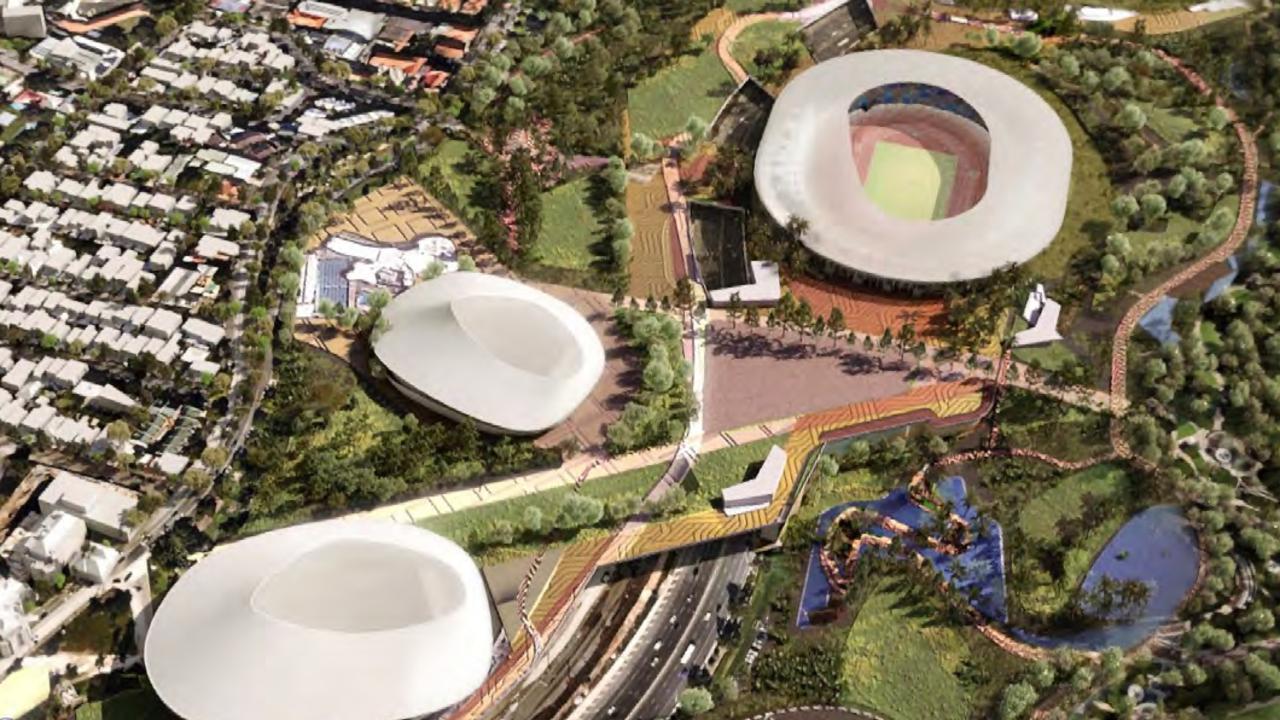
Tourist taxes are commonplace around the world, with Bali last year joining the list of destinations charging visitors with the implementation of a $15 levy, while hotel bills in locations such as Las Vegas often have a component for tourist or bed taxes which can be more than 10 per cent of the room cost.
Last year, visitors to Queensland stayed a combined total of almost 150 million nights, meaning a $10 room tax could potentially generate upwards of $1b a year, while a similar levy restricted solely to rooms in the Greater Brisbane area would rake in hundreds of millions per year.
Different methods, such as a percentage of a room cost, could potentially generate even more.
Londoners are still paying millions of dollars a year for stadiums built for the 2012 Olympics, but these figures show a tourist tax for a Brisbane Games could generate the necessary revenue in a handful of years.
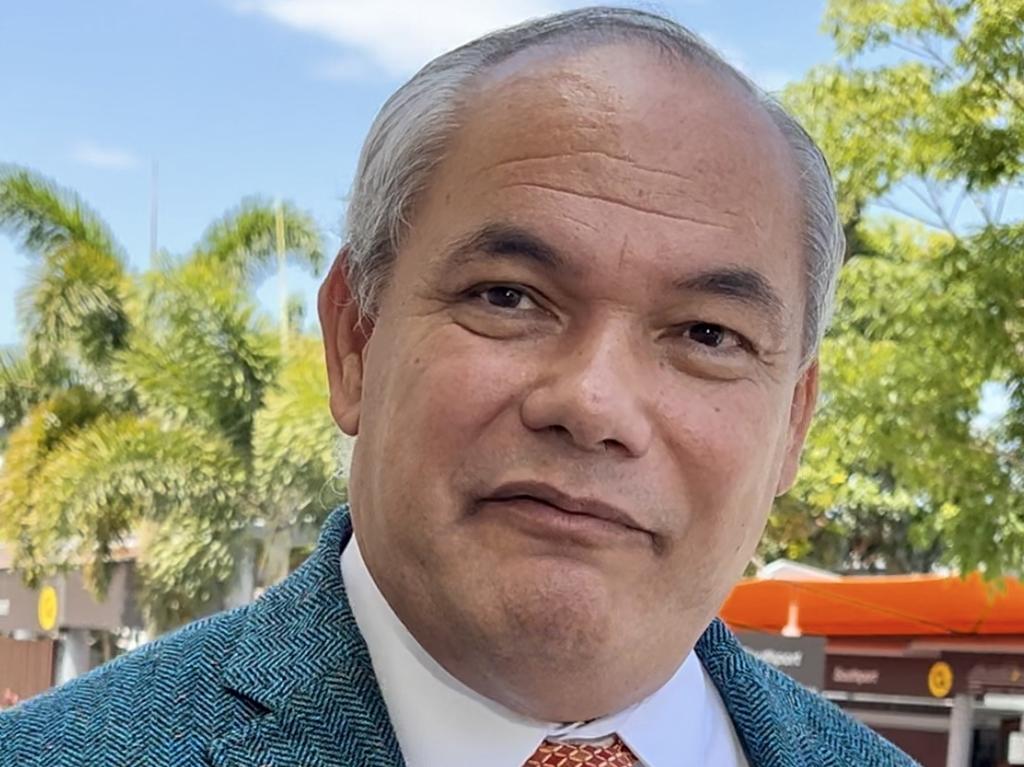
Tourist taxes or levies are often imposed by local governments such as councils with the revenue funnelled back into local tourism or restoration projects, but they have been used to fund sporting infrastructure such as new stadiums and can also be collected by state or federal governments.
Las Vegas’ $AU3b Allegiant Stadium, home of NFL’s Raiders, received a $1.2b boost from a special levy on hotel rooms while the Atlanta Falcons’ stadium was the beneficiary of more than $300m in tourist taxes.
Outside Dallas, the Texas Rangers’ new baseball stadium benefited from a two per cent hotel room tax and a five per cent car hire tax.
Griffith University tourism expert Professor Daniel Gschwind said many destinations around the world had accommodation taxes and research showed it had no discernible impact on tourism.
“It provides the resources – it does cost a lot to promote and market destinations,” he said.
“A levy would certainly increase the capacity of (local) councils, in particular, to provide appropriate services and take some of the burden off ratepayers.
“Of course price matters – nobody’s suggesting otherwise. But we’re talking here about a levy of about 2.5 per cent. If you’re paying $200 for a hotel room, an extra $5 levy is not going to make a great deal of difference to the business, but it will make a great deal of difference to the destination.”
Mr Tate, who has previously voiced his support for tourist levies, said Brisbane Olympics organisers should explore any funding models which could deliver a fresh revenue stream.
“Funding for infrastructure is always a challenge, so we do need to be open minded and consider options that have worked successfully overseas,” he said.
A spokeswoman for Queensland Tourism Minister Andrew Powell said various stakeholders had raised the issue of a tourism levy during consultation sessions for the state government’s 20 Year Tourism Plan – albeit not necessarily with the Olympics in mind.
“It is one of many suggestions that will be considered as we develop the Destination 2045 strategy to return Queensland to the number one tourism destination in Australia,” she said.
Queensland Tourism Industry Council CEO Natassia Wheeler said there were precedents around the world that made a strong argument for tourist taxes.
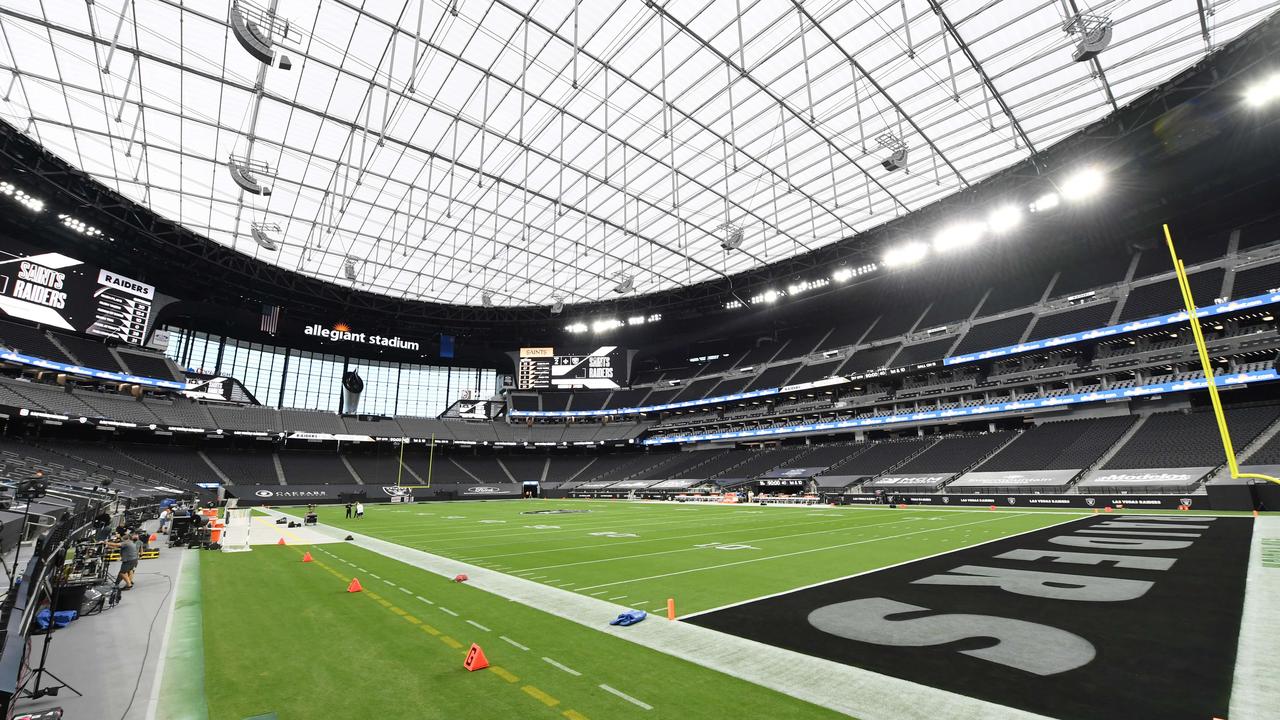
“Around the world, visitor levies and tourism taxes have proven to be successful tools for boosting local revenue without dampening visitor numbers and harming tourism,” she said.
“If such a proposal were to be considered here, it would require transparent, industry-wide discussion and allow local governments to choose the best solution for their region.”
Queensland Hotels Association CEO Bernie Hogan said his industry was not opposed to a tourism levy as long as it was not imposed solely on the accommodation sector.
“We understand the need to fund destination marketing (and infrastructure) but we don’t think a bed tax is the way to do it,” he said.
“It would need to be a true tourism levy where everyone who benefits from tourism all chips in a little bit.”
Mr Hogan said local councils already collected special purpose levies and could raise a dedicated tourism levy through commercial property rates.
“Everybody benefits from tourism – it’s not fair to only put that burden on the hotels, because that means only one sector is paying for it,” he said.
“We’re open to discussion on that but what we don’t want is a tariff on tourism, where people coming in are having their hotel prices jacked up.”
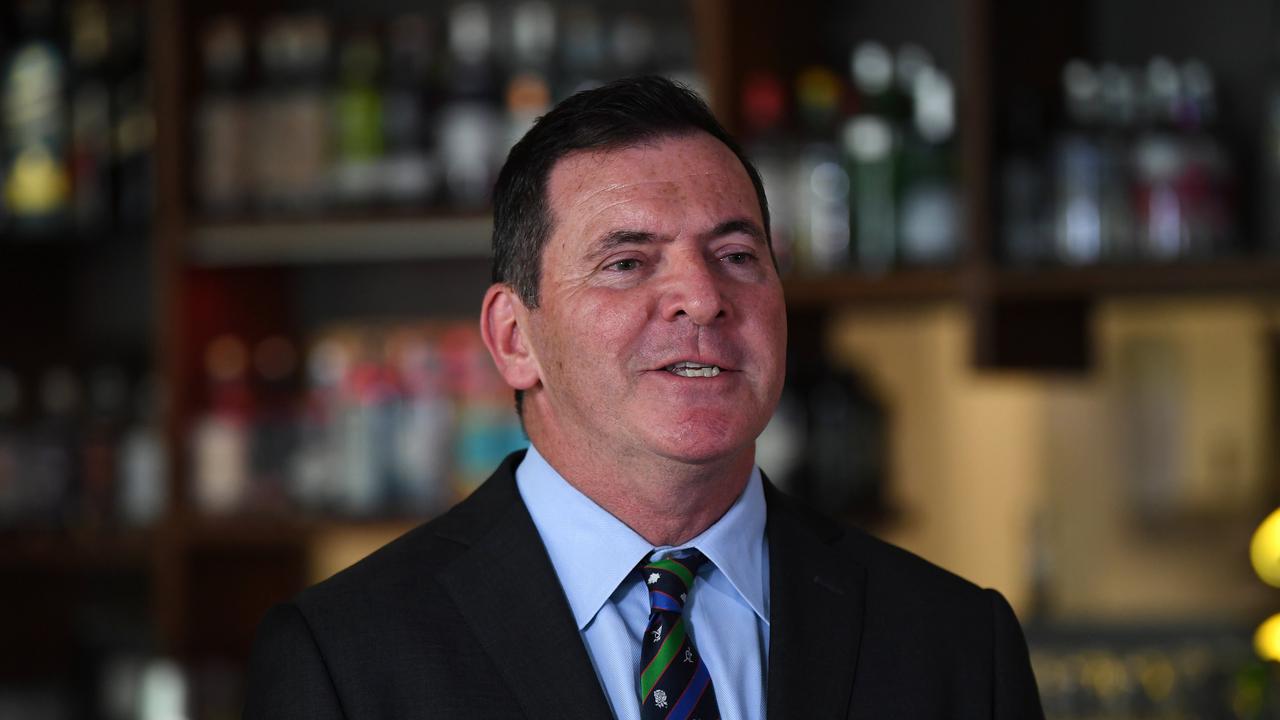
Mr Hogan said all options needed to be looked at to fund Olympics infrastructure, including lotteries.
“This sort of thing isn’t new,” he said.
“Suncorp Stadium was built on gaming taxes, lotteries paid for the Sydney Opera House and the British Olympic team is funded by the UK Lotteries office.
“There’s a lot of different ways to do it and we don’t think anything should be off the table, but what we don’t think is that any one particular part of the economy should be footing the whole bill.”
Mr Hogan said tourism taxes were typically used to combat over-tourism and congestion.
“This would be the first time in economic history that you’d be raising a price to attract people,” he said.



